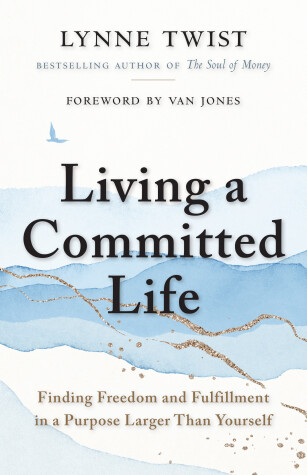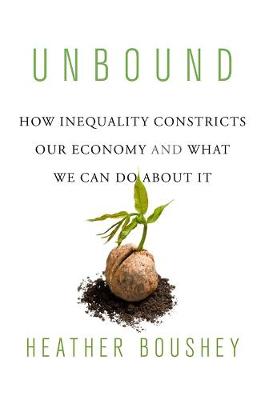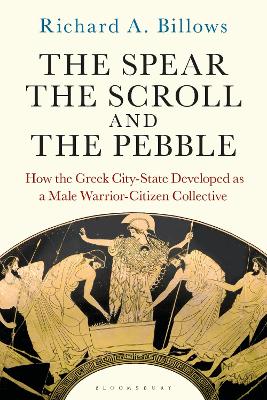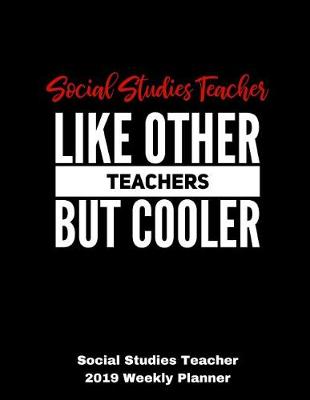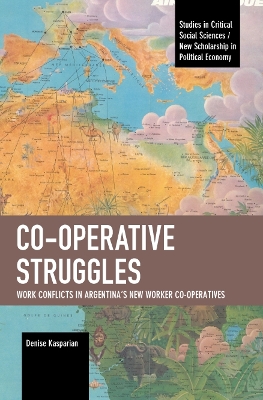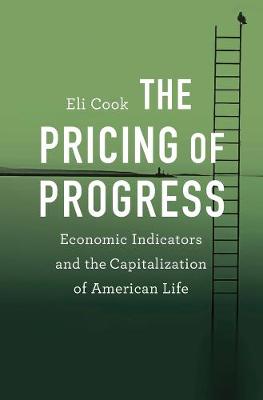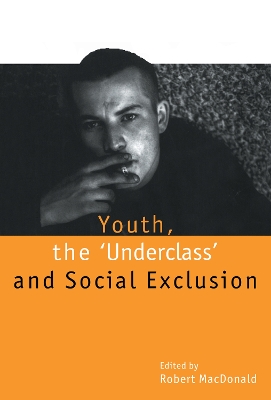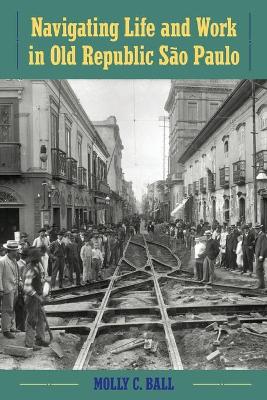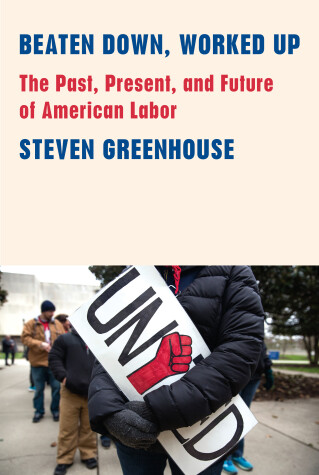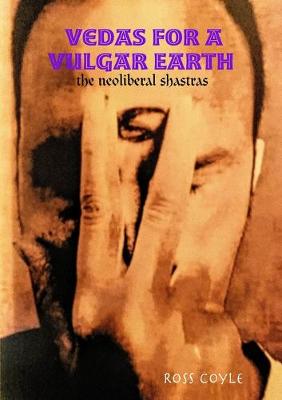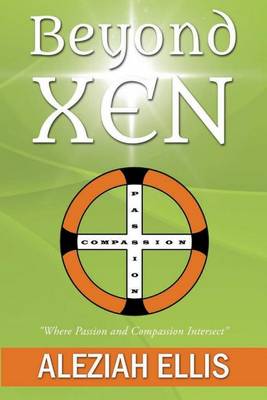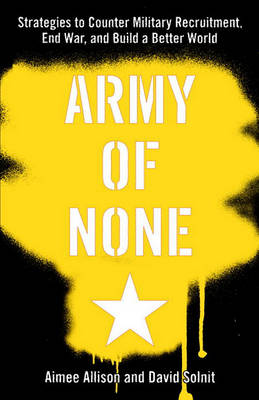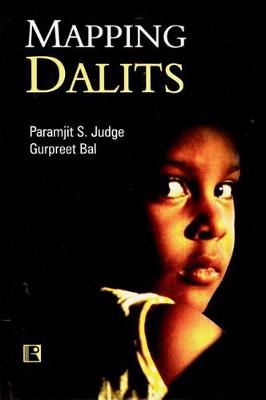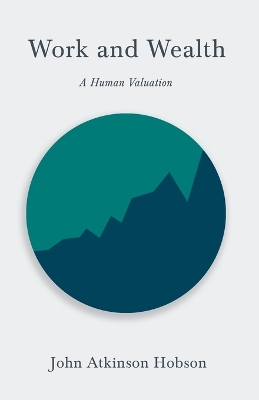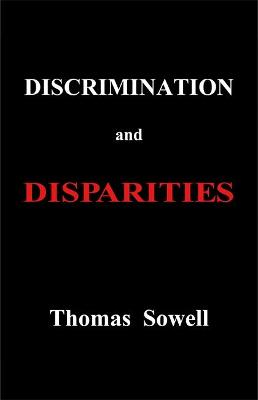The Class Structure of the Advanced Societies (Harper Torchbooks; Tb 1845)
by Anthony Giddens
Madagascar Et Les Hova: Description, Organisation, Histoire (Ed.1895) (Histoire)
by Piolet J B
An essential American dream - equal access to higher education - was becoming a reality with the GI Bill and civil rights movements after World War II. But this vital American promise has been broken. Christopher Newfield argues that the financial and political crises of public universities are not the result of economic downturns or of ultimately valuable restructuring, but of a conservative campaign to end public education's democratizing influence on American society. "Unmaking the Public Uni...
What would your life be like if you committed to something larger than yourself? Find out in the newest book from global transformation thought leader Lynne Twist. How does one person make a difference in the world? People constantly seek to discover meaning in their lives, but as humans take on the challenges facing us in this decade and beyond, we’re searching for it now more than ever. A Committed Life demonstrates the power of dedication that goes beyond the self and teaches how to live a...
From one of Washington's most influential voices on economic policy, a lively and original argument that reducing inequality is not just fair but also key to delivering broadly shared economic growth and stability.Do we have to choose between equality and prosperity? Many think that reducing economic inequality would require such heavy-handed interference with market forces that it would stifle economic growth. Heather Boushey, one of Washington's most influential economic voices, insists nothin...
This book presents a powerful new argument for how and why the Greek city-states, including their distinctive society and culture, came to be - and why they had the highly unusual and influential form they took. After reviewing early city-state formation, and the economic underpinnings of city-state society, three key chapters examine the way the Greeks developed their unique society. The spear, scroll and pebble encapsulate the book's core ideas. The Spear: city-state Greeks developed a citize...
Conflict and Development (Urban studies yearbook, #2)
In Co-operative Struggles, Denise Kasparian expands the theoretical horizons regarding labour unrest by proposing new categories to make visible and conceptualize conflicts in the new worker co-operativism of the twenty-first century.After the depletion of neoliberal reforms at the dawn of the twenty-first century in Argentina, co-operativism gained momentum, mainly due to the recuperation of enterprises by their workers and state promotion of co-operatives through social policies. These new co-...
With this book the international academic discourse on mobility is taken a step further, through the intertwined perspectives of different social sciences, engineering and the humanities. The Ethics of Mobilities departs from the recent interest in social surveillance, raised by the use of technology for the surveillance and control of mobility as well as for transport. It widens this theme to encompass a broad scale of issues, ranging from freedom and escape to social exclusion and control, thu...
How did Americans come to quantify their society's progress and well-being in units of money? In today's GDP-run world, prices are the standard measure of not only our goods and commodities but our environment, our communities, our nation, even our self-worth. The Pricing of Progress traces the long history of how and why we moderns adopted the monetizing values and valuations of capitalism as an indicator of human prosperity while losing sight of earlier social and moral metrics that did not pu...
Youth, The `Underclass' and Social Exclusion
The idea that Britain, the US and other western societies are witnessing the rise of an underclass of people at the bottom of the social heap, structurally and culturally distinct from traditional patterns of `decent' working-class life, has become increasingly popular in the 1990s. Anti-work, anti-social, and welfare dependent cultures are said to typify this new `dangerous class' and `dangerous youth' are taken as the prime subjects of underclass theories. Debates about the family and single-p...
This volume examines the experiences of São Paulo's working class during Brazil's Old Republic (1891–1930), showing how individuals and families adapted to forces and events such as urbanization, discrimination, migration, and World War I. In this unique study, Ball combines social and economic methods to present a robust historical analysis of everyday life along racial, ethnic, national, and gender lines.Drawing from both statistical data and primary sources such as letters, newspapers, and in...
“A page-turning book that spans a century of worker strikes.... Engrossing, character-driven, panoramic.” —The New York Times Book Review We live in an era of soaring corporate profits and anemic wage gains, one in which low-paid jobs and blighted blue-collar communities have become a common feature of our nation’s landscape. Behind these trends lies a little-discussed problem: the decades-long decline in worker power. Award-winning journalist and author Steven Greenhouse guides us through th...
Written as a religious text, this book is both a bitter satire of economic and social injustice as well as the author's genuine attempt to approach a new spiritual dialectic that is both imaginative and highly subjective .
Youth and Society in Post-War France (Politics, culture & society in the New Europe)
by Chris Warne
Since the emergence of an autonomous youth identity in the 1950s, youth culture has been a constant feature of political and social debate in France. This book provides an understanding of the relationship between youth and society at the crux of such debates by analyzing the relationship from both sides.Chris Warne looks first at the social construction of youth: the attitude of the state, especially in the late 1950s and early 1960s when the debate raged as to how this new group should be "soc...
Uniformed U.S. Army Officers lunch with students in elementary school cafeterias. Army training programs including rifle and pistol instruction replace physical education in middle schools. Like never before, military recruiters are entering the halls of U.S. schools with unchecked access in an attempt to bolster a military in crisis. However, even as these destructive efforts to militarize youth accelerate, so do the creative and powerful efforts of students, community members, and veterans to...
This text raises questions about what is needed to equalize the perceived imbalance between the education received by middle to upper class children and the education received by lower class children. The author argues that in addition to the need for the investment of greater funds in their schools, lower class children must possess a strong support system. He proposes a formula for fortifying the social capital in these children's lives, referring to four aspects of social capital which should...
A searching re-examination of the assumptions, and the evidence for and against, current approaches to issues of economic and other disparities Discrimination and Disparities challenges believers in such one-factor explanations of economic outcome differences as discrimination, exploitation or genetics. It is readable enough for people with no prior knowledge of economics. Yet the empirical evidence with which it backs up its analysis spans the globe and challenges beliefs across the ideologica...



